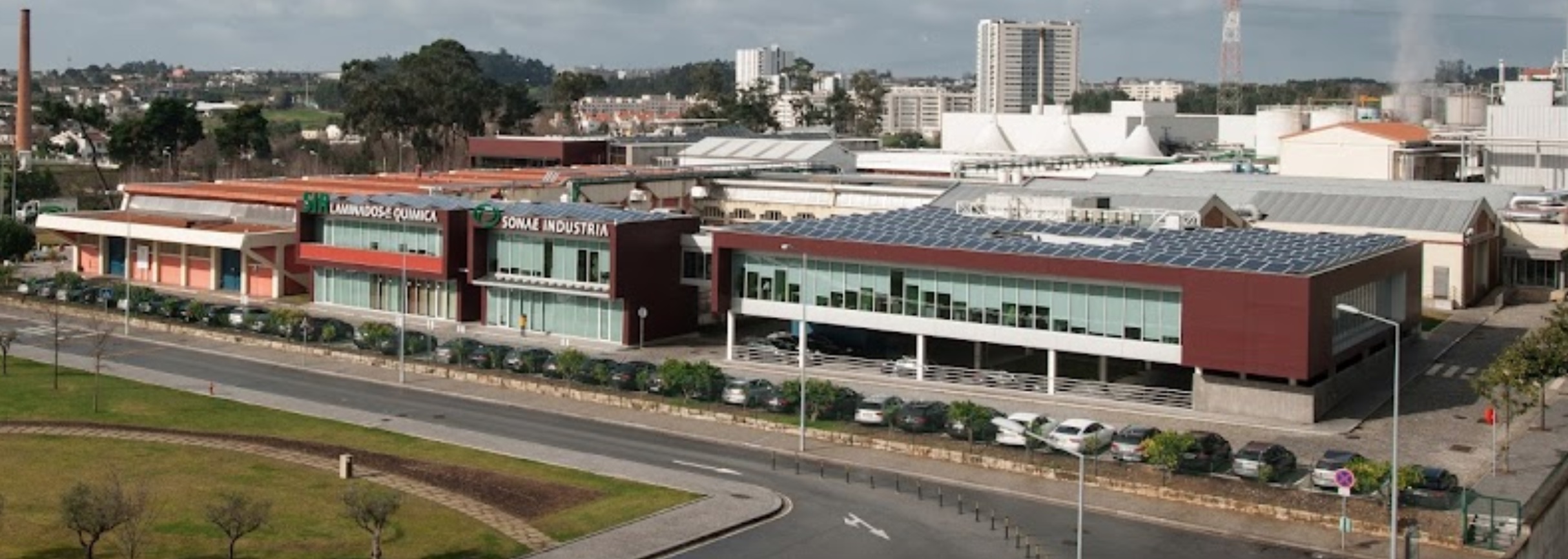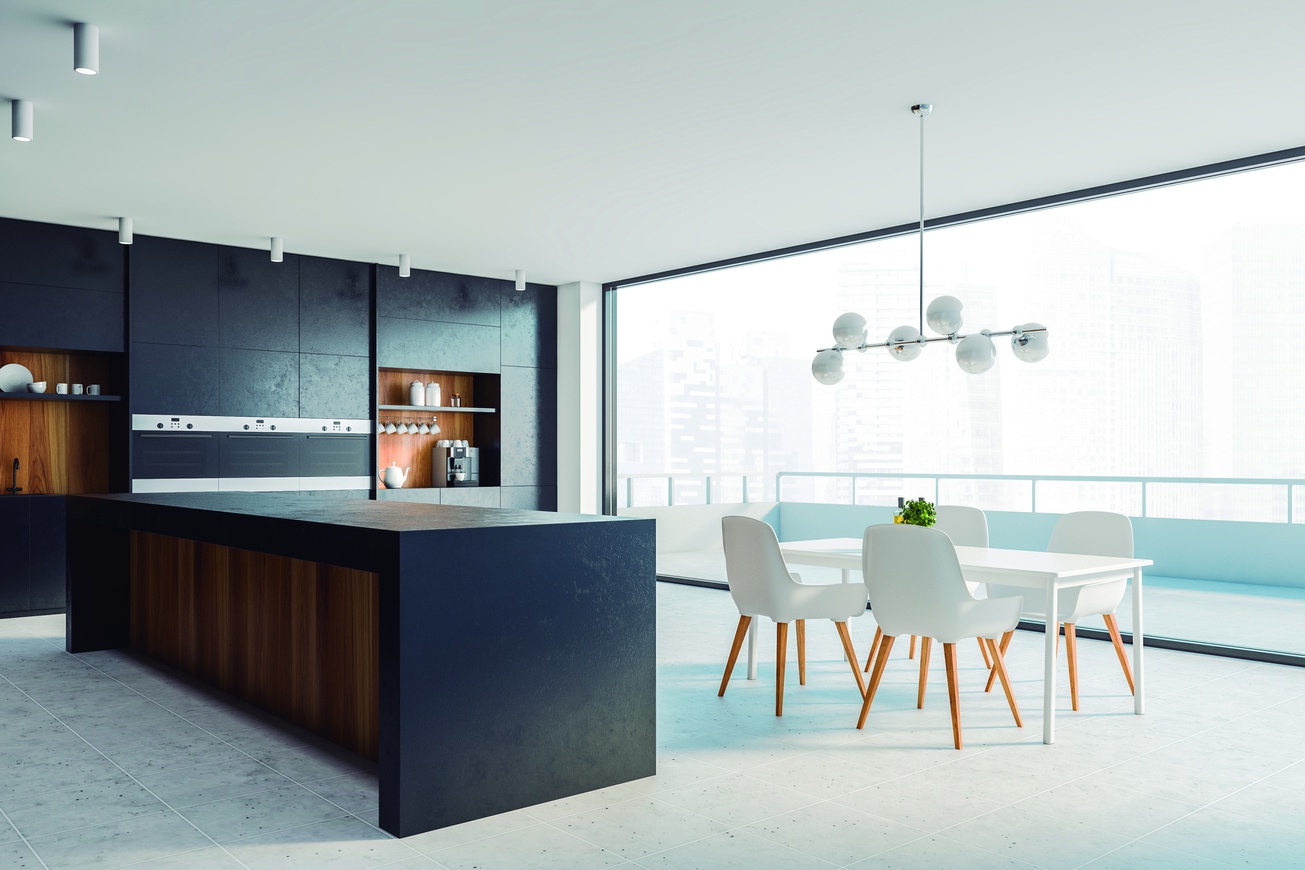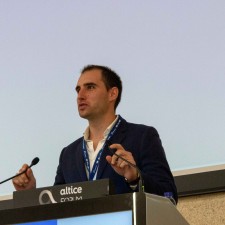
News
"The price of recycled raw materials often has a price that makes the final product economically unviable"
In an interview with Fibrenamics, Cláudia Costa, R&D Manager at Surforma, expresses her opinion on issues such as product biodegradability and circularity of waste in companies.
How can Surforma ensure the correct performance of its products, without jeopardizing their recycling and/or biodegradability?
Surforma has no biodegradable products. The "recycling" of HPL is typically done by incineration, so the performance of the products is not affected by the recycling method. However, Surforma has several ongoing projects in the area of reuse and recycling, namely the reuse of its own productive waste; the use of products from other industries' waste, or the use of recycled products, such as shredded tires or recycled plastic; or even the reuse of materials produced at the end of their life, avoiding, therefore, the incineration of these materials.
 Figure 1 - Surforma facilities.
Figure 1 - Surforma facilities.
Do you think that the use of natural-based materials will affect the longevity of the product's life? Furthermore, do you believe that the use of this type of material may also affect its recyclability?
In construction materials, clearly, the longevity of the materials is a very relevant issue. However, I believe that there are natural-based materials that can meet this requirement. As an immediate example, in the production of HPL, the basic raw material is paper: a natural-based product and the longevity is proven and more than sufficient for the requirements demanded in this area. I do not think that the use of natural-based products affects the recycling of the products that incorporate them, the mixture of these materials with other natural or non-natural materials may hinder recycling, but in the same way, the mixture of two synthetic products also hinders recycling, so I believe that this will not be a limitation.
From your sensibility, what are the main existing barriers that may prevent or limit the adoption of more sustainable measures by companies?
The procedural changes which may be inherent and consequent investments. Being able to maintain the same product characteristics using alternative, more sustainable raw materials, keeping it economically competitive. The price of recycled raw materials often has a price that makes the final product economically unviable.
 Figure 2 - SILK, one of the collections by Surforma.
Figure 2 - SILK, one of the collections by Surforma.
From your perspective, how can universities and research centers contribute to the development of proposals based on materials capable of ensuring the expected performance for a given product, without compromising the environment?
Close collaboration with companies first to understand what are the requirements, needs, the characteristics that a given product should have for a given market, and then to study more ecologically viable alternatives in the perspective of replacing materials but maintaining properties, and above all, maintaining or improving the economic viability of the final product. Unfortunately, even in this day and age, one of the most important factors that have greater relevance when deciding whether or not to replace a product is the price.
Did you like this article? Become part of the Fibrenamics community by registering here.


